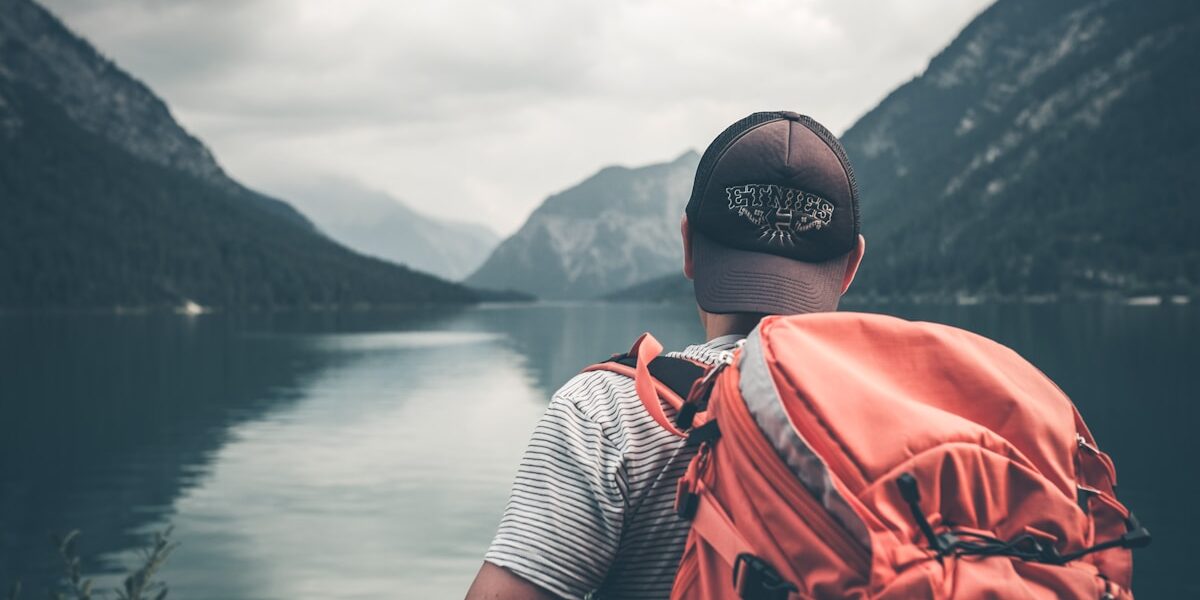Is St Lucia Safe? travel guides have gotten complicated with all the generic recommendations flying around. Here’s what actually makes this worth exploring.
Is St Lucia Safe?
Let’s dive right into the fruit of the matter. St Lucia, a tropical paradise located in the Eastern Caribbean, often provokes questions concerning safety. Recognized for its stunning landscapes, rich culture, and friendly locals, the island nevertheless raises inquiries about personal security, natural hazards, and health risks. While no desired destination can offer 100% safety guarantees, it’s all about understanding and determining potential risks to make informed decisions.
Travel Safety
Probably should have led with this section, honestly. Safety concerns related to travel, particularly for foreigners, have been commonplace in St Lucia, like other global destinations. Petty crime incidents such as pickpocketing and bag snatching have been reported, usually in crowded, tourist-heavy locations. However, these should not discourage you. Some basic safety measures include keeping an eye on your belongings, not flashing expensive jewelry or electronic devices, and avoiding deserted areas, especially at night.
Road Conditions
Road safety is another factor to consider. St Lucia’s winding and sometimes poorly lit roads may pose a challenge to unfamiliar drivers. Additionally, left-hand traffic may disorient those accustomed to right-hand traffic, potentially leading to driving mishaps. If you decide to drive, ensure that you’re well-acquainted with local traffic rules and road conditions. Alternatively, consider hiring a local driver or using public transportation.
Natural Hazards
Being a part of the Caribbean, St Lucia is susceptible to tropical weather hazards such as hurricanes and earthquakes. The hurricane season typically runs from June to November. However, the island has structured alerts and evacuation procedures in case of such events. Thus, it is advisable to stay informed about the weather conditions during your travel dates.
Health Risks
Health risks in St Lucia mostly pertain to vector-borne diseases such as Zika and Dengue fever. Hence, using a mosquito repellent and wearing clothing that covers arms and legs can be effective measures. Additionally, it’s also recommended to drink bottled or boiled water as tap water might not be safe to consume.
Emergency Services
St Lucia is equipped with basic emergency services for both locals and tourists. Hospitals and clinics are available around the island, providing medical services when required. Police assistance is also readily available. If issues requiring immediate intervention arise, dialing 911 connects to emergency services.
Respect Local Customs
Part of being a safe and responsible traveler is respecting local customs. Ensure you’re acquainted with them to prevent causing unintentional offense to locals. Respect towards public decency laws, drug laws, and local customs will result in a smoother, more enjoyable travel experience.
Swim Safely
The island’s pristine beaches, while breathtaking, pose a different kind of risk. Currents and tides can be treacherous for inexperienced swimmers. Lifeguard services may not be available at every beach, so it’s crucial to assess your swimming abilities and heed any local warnings about dangerous swimming spots.
Accommodation Safety
Safety standards in accommodations may vary. When selecting a place to stay, consider checking online reviews or choose established hotels or resorts known for their high-quality services and safety measures. They usually offer secure parking, in-room safes, and observe strict access control procedures.
St Lucia, like any other tourist destination, requires conscious and informed travel decisions. Adequate preparation, common-sense safety measures, and respect for local customs will undoubtedly foster a safer and more enriching travel experience.



